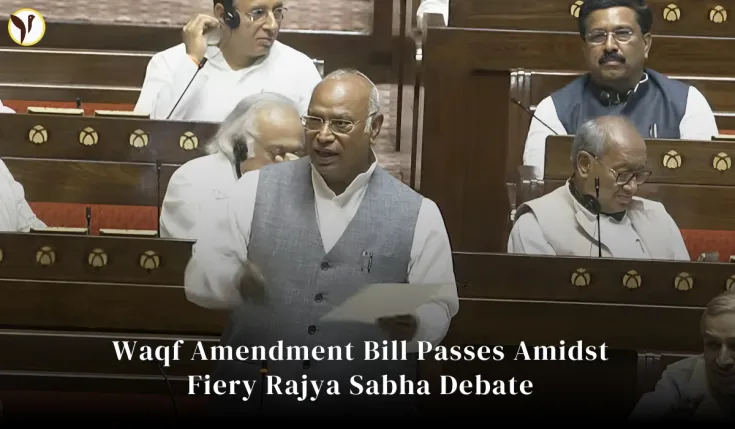Rajya Sabha Live: Waqf Amendment Bill Sparks Heated Debate
The Rajya Sabha witnessed a dramatic showdown on April 3rd, 2025, as the Waqf Amendment Bill, 2025, ignited a fiery debate. The bill, passed in the early hours of Friday morning after a marathon session, aims to reform the management of Waqf properties, promising increased transparency and accountability. However, the legislation has faced strong opposition, raising constitutional concerns and prompting legal challenges.
Key Highlights of the Debate
The debate featured impassioned speeches from both sides. Kapil Sibal, a prominent MP, argued for reforms within Hindu religious trusts as well, highlighting the need for equal property rights for women. He also questioned the bill's provisions granting significant power to District Magistrates, raising concerns about potential abuse of authority. Meanwhile, Union Home Minister Amit Shah hailed the bill's passage as a victory against injustice and corruption, while Nirmala Sitharaman drew parallels between the management of Waqf properties and Hindu religious institutions, emphasizing the role of government oversight in both.
The Congress party, a staunch critic of the bill, announced its intention to challenge the legislation's constitutionality in the Supreme Court, citing concerns about its potential impact on the rights of the Muslim community. Jairam Ramesh, a veteran Congress leader, articulated the party's commitment to opposing what they consider an assault on constitutional principles.
The Waqf Amendment Bill: What's at Stake?
The bill aims to modernize the management of Waqf properties, introducing technology and improving transparency. Supporters claim it will curtail misuse and corruption, ensuring the properties are used for their intended purpose. However, opponents argue that it encroaches on the autonomy of religious trusts and potentially disenfranchises the Muslim community. The final vote saw 128 votes in favor and 95 against in the Rajya Sabha, reflecting the deep divisions surrounding this contentious legislation.
What's Next?
The bill now awaits presidential assent. With the Congress party's impending legal challenge, the future of the Waqf Amendment Bill remains uncertain. The Supreme Court's decision will ultimately determine the fate of this controversial piece of legislation and its impact on religious governance in India. Stay tuned for further updates as this story unfolds.






